Pomegranate seeds or pomegranate arils are a healthy and delicious snack that include a wide variety of essential elements. The arils, or seeds, of the pomegranate fruit are what people eat most of. The white flesh around these seeds is technically edible but bitter, so most people don't bother with it.
Pomegranates have a reputation for being a scary fruit. However, the many health advantages are worth the effort of cracking open the tight skin in order to gain access to the juicy, ruby-red seeds (called arils, that include the seeds and the fluid around them).
These sour arils provide powerful health benefits. In addition, they might be the missing ingredient to spice up anything from your salad to seltzer.
Table of Contents
- Are pomegranate seeds and arils the same?
- Origin of pomegranate:
- How to remove pomegranate arils?
- How to eat pomegranate arils?
- Selecting the right pomegranate
- Best ways to eat pomegranate
- Freezing pomegranate
- Juicing pomegranate seeds
- Pomegranate arils nutrition facts:
- Pomegranate arils health benefits:
Are pomegranate seeds and arils the same?
Arils, or tiny crimson jewel-like drips, surround each seed in a pomegranate. The arils contain a sour and juicy substance that protects the fruit's white seeds.
The arils inside a pomegranate are sometimes mistaken for the fruit's seeds, although this is not the case. Only the arils and the crisp white seeds of the pomegranate are actually edible.
Origin of pomegranate:
The jewel-like arils found within the pomegranate fruit's leathery crimson peel are the fruit's most recognisable feature. For hundreds of years, people in Asia, the Mediterranean, and the tropical regions of Africa have been cultivating pomegranates. Pomegranates have been widely featured in art since antiquity due to their significance as a symbol of fertility.
The pomegranate's popularity has skyrocketed as scientists investigate its many purported health benefits. Pomegranate is widely available nowadays, whether you're looking for the fruit, juice, supplements, powders, extracts, or any of these other forms.
How to remove pomegranate arils?
The tasty arils that surround the seeds may be the sole part you're after. However, keep in mind that part of the fruit's nutritious benefits will be lost if you spit out the seeds.
If you want to reap the health advantages of pomegranates but can't stand the texture of their seeds, try hiding them in smoother dishes.
Beat the arils softly with a wooden spoon in a bowl to remove the seeds without having to spit them out. Pomegranate juice is best extracted using this method since the juice is more likely to separate from the arils.
How to eat pomegranate arils?
Chewing on the seeds first releases the juice from the sacs, so you may enjoy the fruit without having to worry about getting sick. The roughage in the seeds aids digestion. The seeds can also be chewed to extract the juice and then spit out.
Selecting the right pomegranate
Pomegranates are simple to select, and you may find plenty of ripe ones in the supermarket. The fruit should be dense with a tight skin. You can't tell the quality of a pomegranate by looking at its skin, so don't dismiss one because it has a few scars.
Best ways to eat pomegranate
To begin, halve the fruit. Finally, collect the little red seeds in a bowl using a spoon. Sprinkle the seeds over anything from salads to yoghurt to muesli to desserts.
Freezing pomegranate
Consumed more pomegranates than you can handle at once? You may keep the seeds by freezing them for two hours after spreading them out on a baking sheet. The next step is to place the items in freezer bags and return them to the cold storage. This will extend their usefulness by up to a year.
Juicing pomegranate seeds
To avoid spending a tonne of money on bottled pomegranate juice, try juicing your own. The problem is that many bottled pomegranate drinks also contain sugar and salt.
Use a juice extractor or just squeeze the fruit and sift out the pulp.
Pomegranate arils nutrition facts:
- Water makes up over 80% of a pomegranate's total mass. It comprises about 19 g of carbohydrates, 4 g of which come from fibre. There is still 20% of the daily amount of fibre in the seeds. A serving size of 10 grams provides a respectable 83 calories.
- Phytochemicals including polyphenols are prevalent in pomegranates. Fruit's phenolic activity is diminished, however, through processing and pasteurisation.
- Ellagitannins, commonly known as punicalagin, are abundant in pomegranates. They are powerful antioxidants that set this fruit apart from the rest. When compared to green tea and red wine, pomegranate's antioxidant content is three times higher.
- Extracts from pomegranate peel have important uses as both food additives and preservatives. Their high polyphenol, catechin, and condensed tannin content is well-known.
- The oil extracted from the fruit's seeds is high in punicic acid. It accounts for roughly 65% of the oil's content and is a healthy fat. Multiple health advantages have been linked to these lipids.
- Vitamins K, C, and folate (B9) all feature prominently in the vitamin profile. The vitamin E content of this fruit is also rather high. Pantothenic acid, riboflavin, and thiamine are also included.
- Minerals including manganese, phosphorus, potassium, and zinc can be found in abundance in pomegranates. Even smaller amounts of iron and calcium can be found here as well.
- There is a 16% DV for vitamin K and a 12% DV for vitamin C.
Pomegranate arils health benefits:
- Improves cardiovascular health Pomegranates have been linked to reduced cholesterol levels, which reduces the risk of cardiovascular disease.
- The vitamin C in the fruit contains anti-inflammatory qualities, which may make it useful in warding against a wide range of ailments.
- Pomegranate antioxidants are beneficial to the health of your arteries, heart, and brain, and may help reduce excessive blood pressure.
- Drinking 8 ounces (oz) of pomegranate juice daily improved erections in nearly half the patients in one research who suffered from erectile dysfunction.
- Prostate cancer and other cancers are shielded from harm. Drinking pomegranate juice may help prevent the spread of prostate cancer cells, according to some preliminary research.
- Rheumatoid arthritis is avoided. By reducing inflammation and oxidative stress, pomegranates aid in the treatment of rheumatoid arthritis problems.

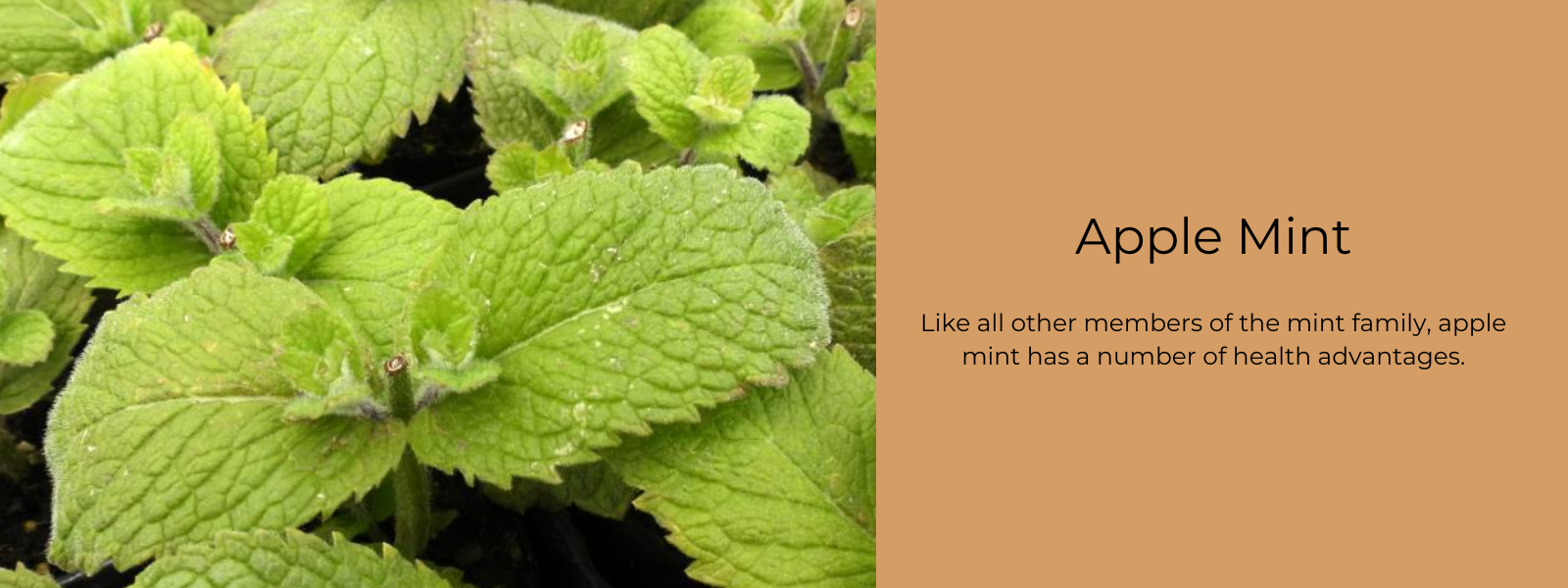
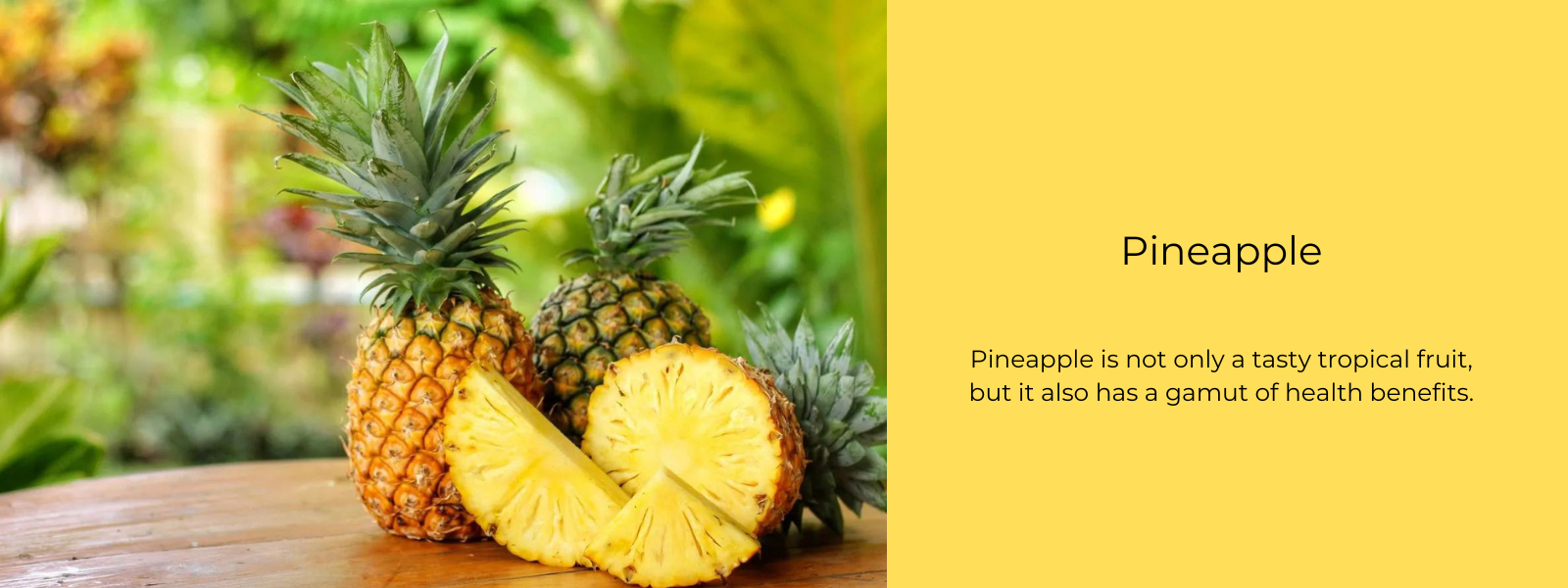
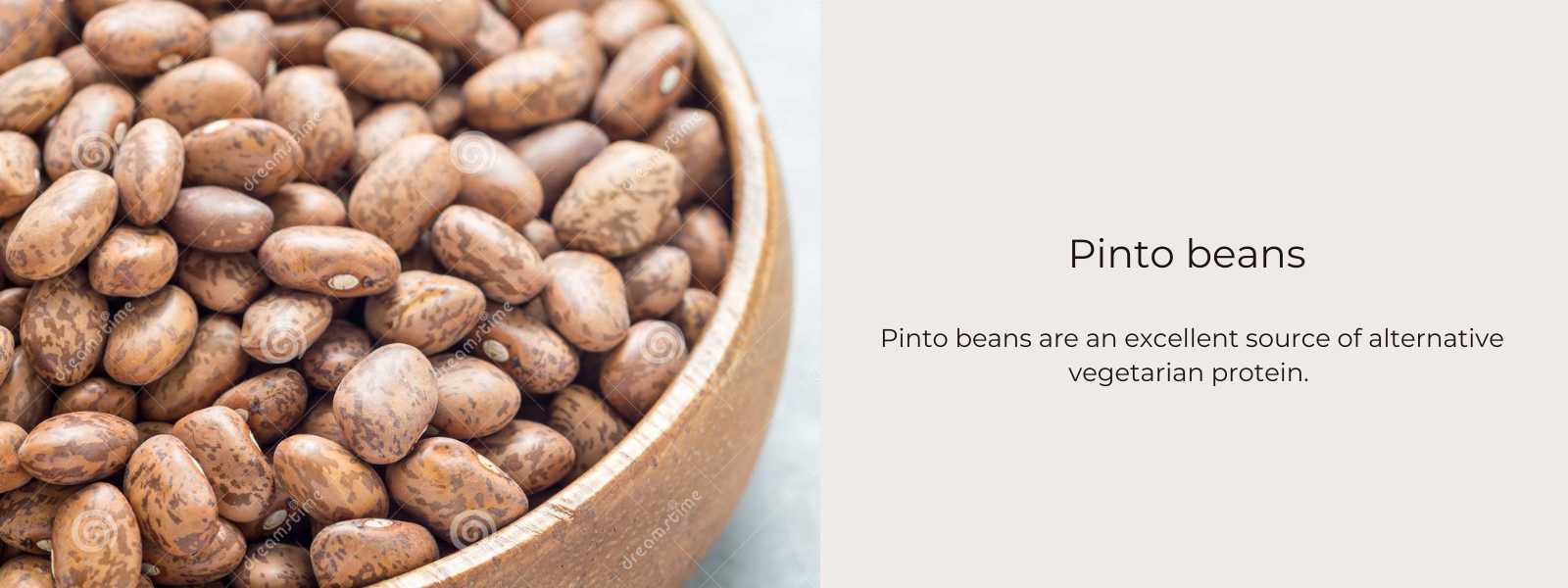
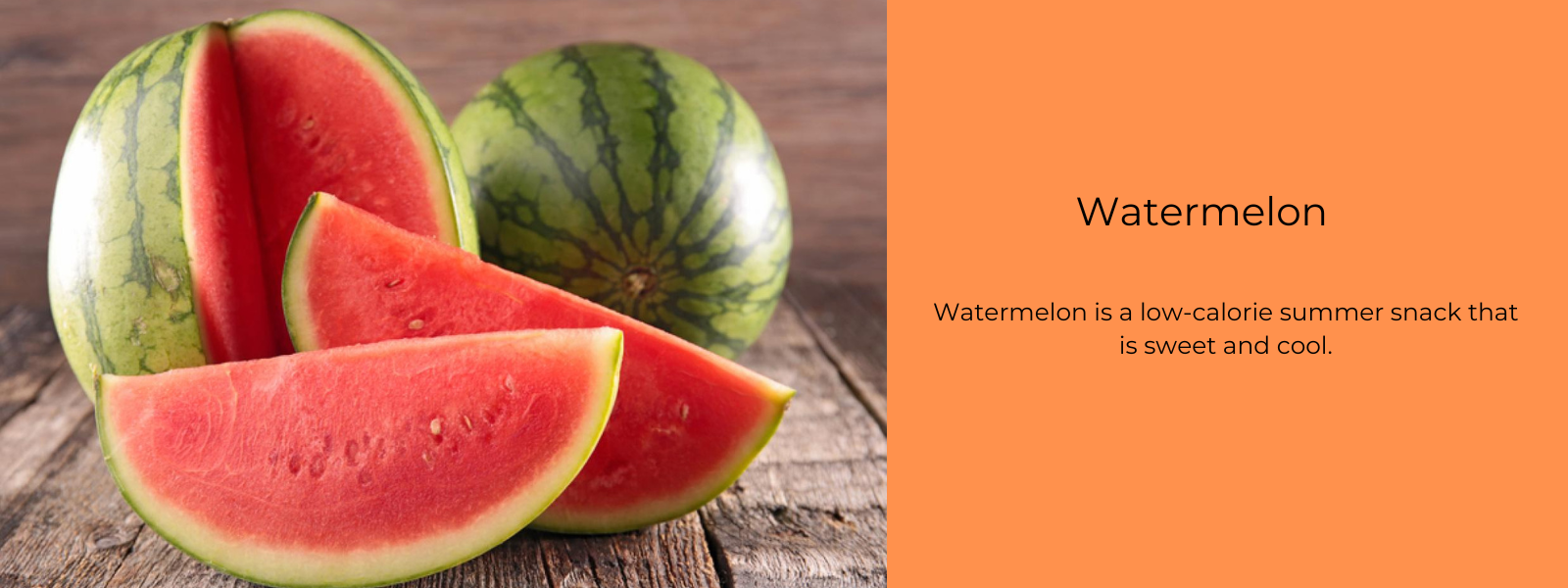
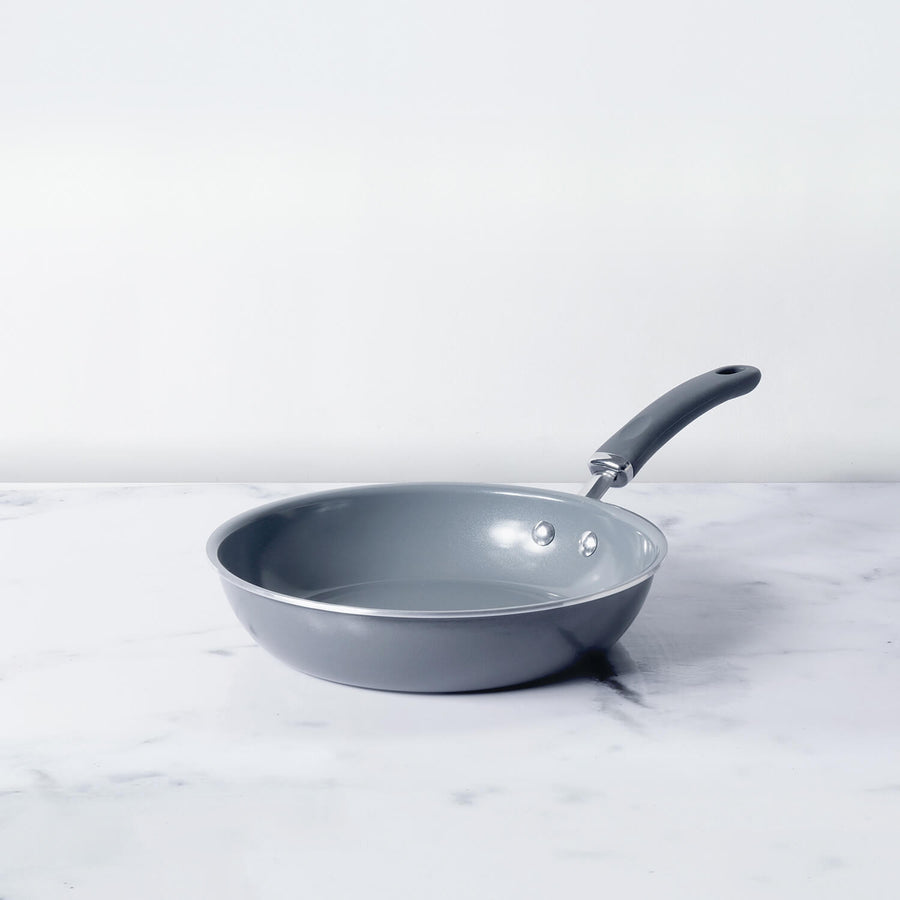
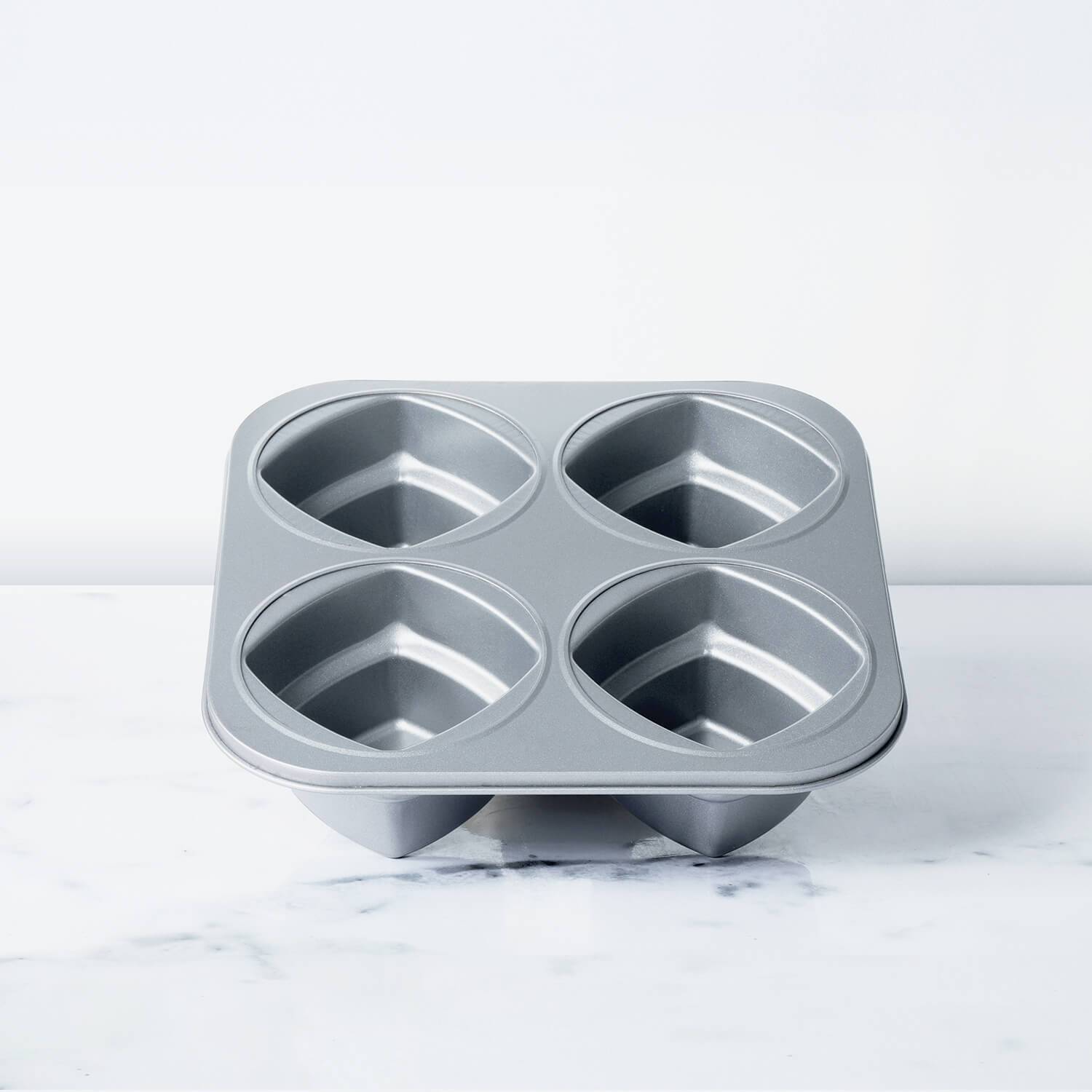




Leave a comment